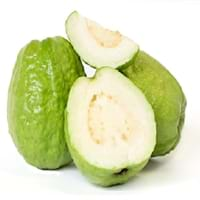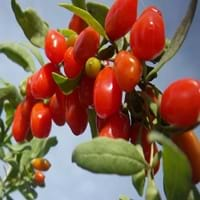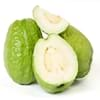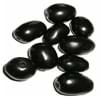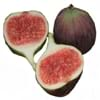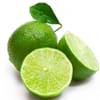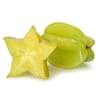Health Benefits
Cancer prevention, Diarrhea treatment, Prevents constipation, Scurvy treatment, Treatment of dysentary
Anti-oxidant properties, Eye care, Helps in cartilage regeneration, Regulates Blood Sugar, Treatment of osteoarthritis
General Benefits
Controls blood pressure, Cures cough, Improves eye vision, Maintains healthy cholesterol level, Treatment of common cold
Boosts immune system, Digestive aid
Skin Benefits
Anti-aging benefits, Brightens and lightens complexion, Hydrates skin, Treatment of skin diseases
Anti-aging benefits, Reduces wrinkles, Treatment of skin diseases
Hair Benefits
Prevents hair loss
Protects hair, Regulates hair growth
Allergy Symptoms
Breathing difficulty, Coughing, Runny nose, Sneezing, Swelling of mouth, tongue or lips, Wheezing
Anaphylaxis, Itching, Sneezing, Wheezing
Side Effects
Hair thinning, Nail thinning, Skin problems, Tooth decay, Weakness, Possibly unsafe during pregnancy
May interact with some drugs
Best Time to Eat
As a snack in the late afternoon, Don't consume at night and before bed, Eat the fresh ones, avoid mixing with any other foods, don't eat after meal., Morning time (before lunch)
Any time except an hour after meal, Don't consume at night and before bed
Vitamin B5 (Pantothenic Acid)
Vitamin C (Ascorbic Acid)
Vitamin K (Phyllochinone)
Phytosterol
Not Available
Calories in Fresh Fruit with Peel
Calories in Fresh Fruit without Peel
Not Available
Not Available
Calories in Frozen Form
Not Available
Calories in Canned Form
Not Available
Type
Tree fruit, Tropical
Berry
Season
All seasons
Autumn
Varieties
Lucknow 49, Allahabad Safeda, Chittidar, Harijha, Apple guava, Hafshi, Arka Mridula and Allahabad Surkha
No Types
Color
Green, Pink, Yellow
Scarlet red
Inside Color
White
Orange
Taste
Sweet-Sour
Slightly bitter, Tart
Origin
Central America, Mexico, South America
Unknown
Soil Type
Loam, Rocky, Sandy
Well-drained
Climatic Conditions
Sunny
Cold, Hot
Facts about
- The black pigment in Guava leaves is used for textile applications.
- Guava leaves are used to make tea.
- Oils extracted from guava seeds are used in various cosmetics.
- Guava wood is used for decorative purposes.
- Study says a man named Li Qing Yuen used to eat goji berries daily and lived for 252 years.
- They are also known as wolfberries in India & China.
- This fruit is used for spiritual purposes at many places.
Other Countries
China, Indonesia, Mexico, Nigeria, Pakistan, Philippines, Thailand
Canada, France, India, United States of America
Top Importer
Canada
United States of America
Botanical Name
Psidium guajava
Lycium barbarum
Synonym
Not Available
Wolfberry
Subkingdom
Tracheobionta
Tracheobionta
Division
Magnoliophyta
Unknown
Class
Magnoliopsida
Unknown
Subclass
Rosidae
Asteridae
Family
Myrtaceae
Solanaceae
Species
Psidium guajava
L. barbarum
Generic Group
Myrtle
Not Available
Compare Guava and Gojiberry
It is important compare Guava and Gojiberry as both the fruits have a different nutritional value. Their comparison can be done on the basis of their vitamin and mineral content, calories, benefits as well as characteristics, making it easier for us to choose the best fruit for our diet. Their general health benefits are as follows:
Guava Benefits: controls blood pressure, cures cough, improves eye vision, maintains healthy cholesterol level and treatment of common cold.
Gojiberry Benefits: boosts immune system and digestive aid.
Fruits are also used as a remedy for various hair problems. The hair benefits of Guava are: prevents hair loss and hair benefits of Gojiberry are: protects hair and regulates hair growth. Some fruits are known to cause allergic reactions. The allergy symptoms of first fruit are: breathing difficulty, coughing, runny nose, sneezing, swelling of mouth tongue or lips and wheezing and the symptoms of second fruit are: anaphylaxis, itching, sneezing and wheezing. Get sorted Guava vs Gojiberry comparison with the help of fruit comparison tool by fruitvs.com.
